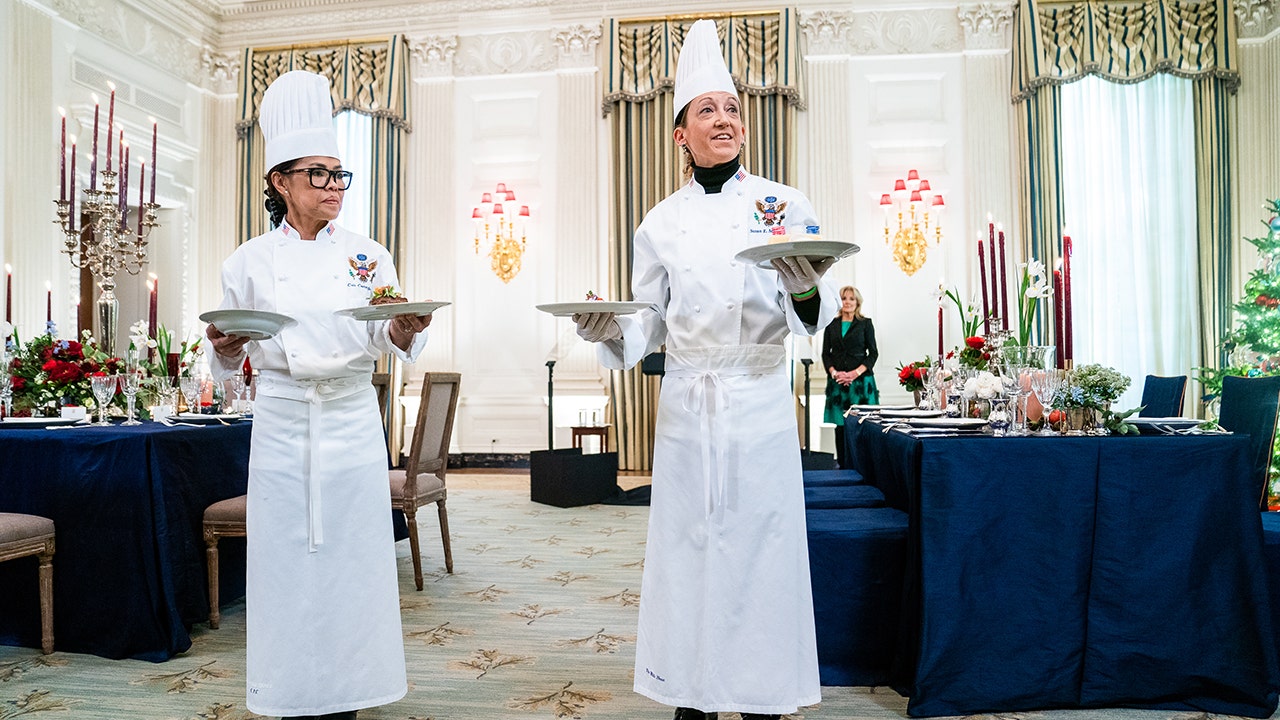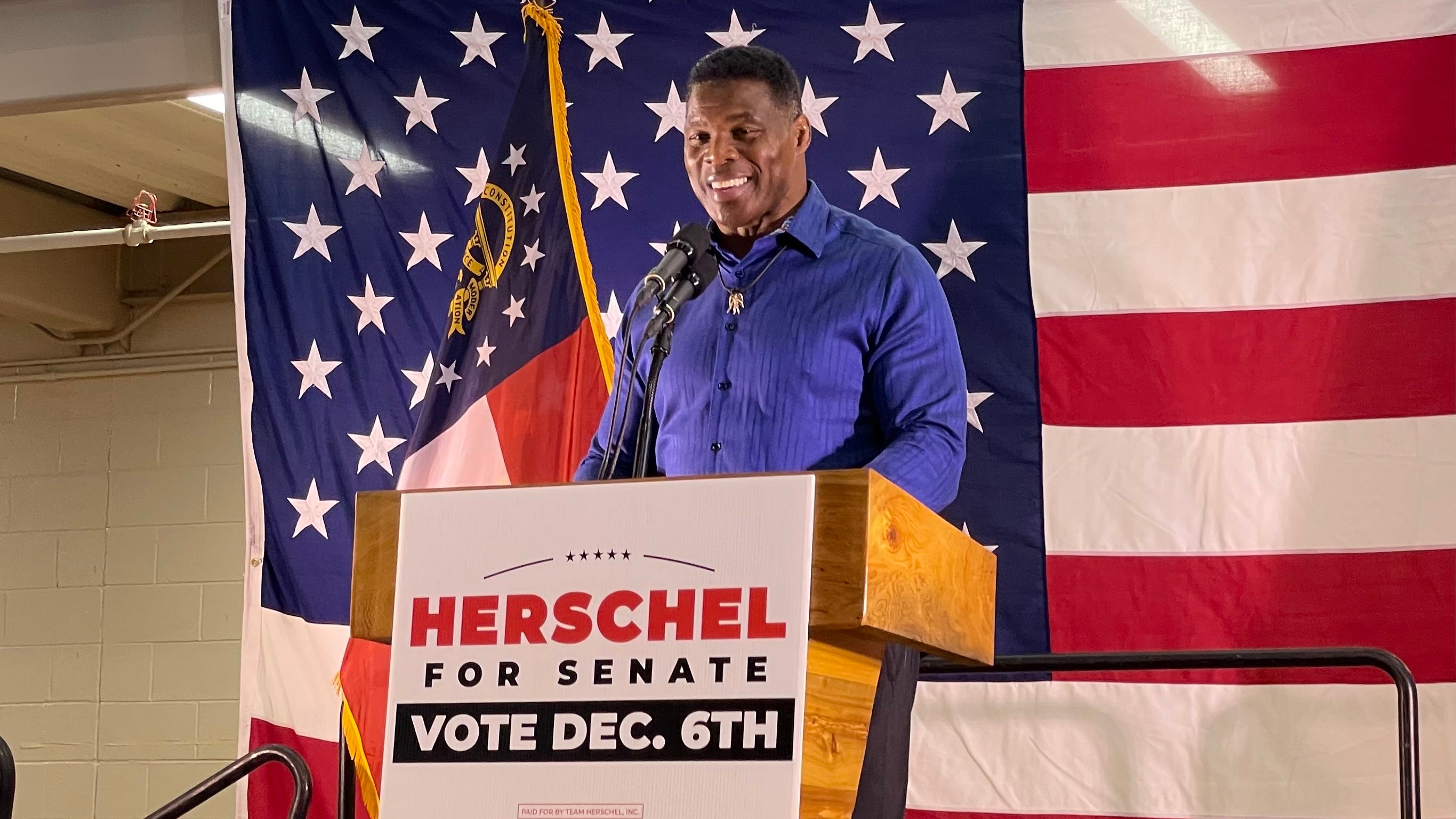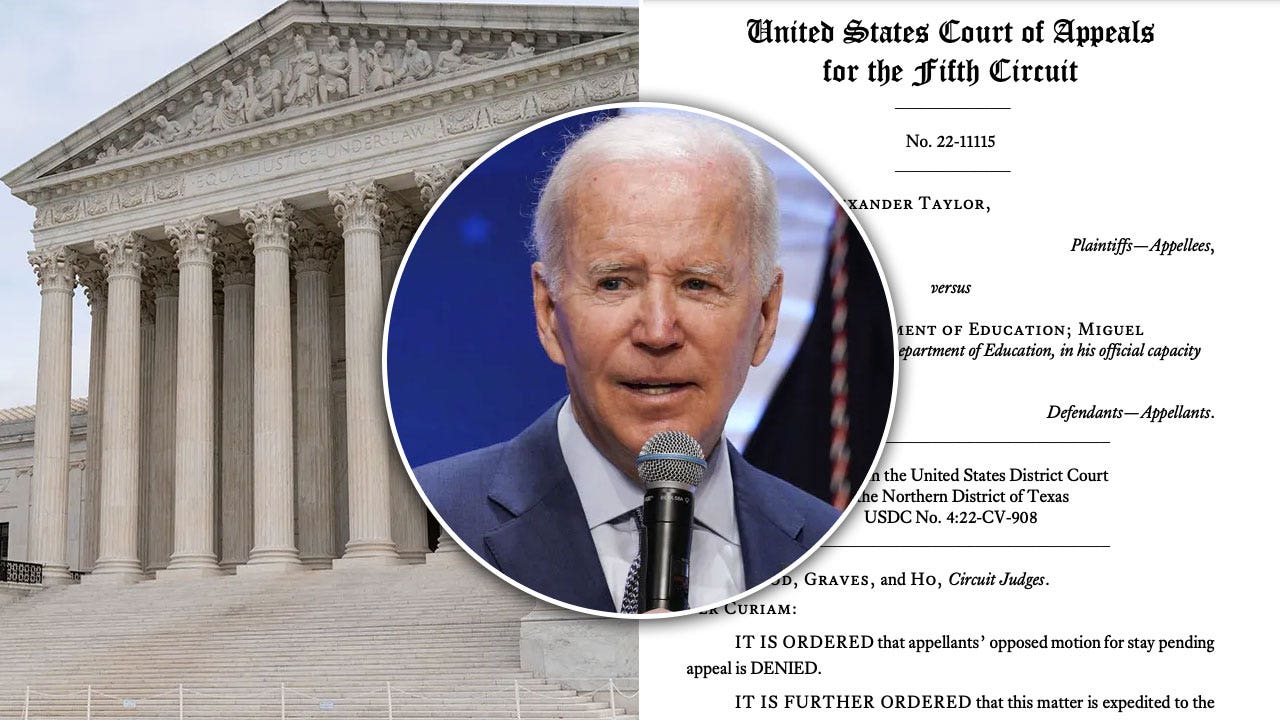EXCLUSIVE – In his forthcoming book, Sen. Mike Lee says he’ll warn that senate‘ push to pack the judiciary can still alter history even if it fails – just like the last judiciary” target=”_blank”>court-packing<
Early in his time in office former President Franklin Delano Roosevelt was repeatedly frustrated with the Supreme Court, as its justices consistently struck down his New Deal policies as unconstitutional.
In response, Roosevelt began a legislative push to increase the number of justices on the Supreme Court, seeking to take advantage of the provision in the Constitution that allows Congress to set the number of justices. The nakedly political effort was termed “court-packing.”
“Before it reached a point where they knew it wasn’t going to pass, the Supreme Court adopted a different approach,” that would uphold many of the New Deal policies, Lee said.
That took the political steam out of the court-packing effort. It was termed the “Switch in Time that Saved Nine” – a play on the saying “a stitch in time saves nine.”
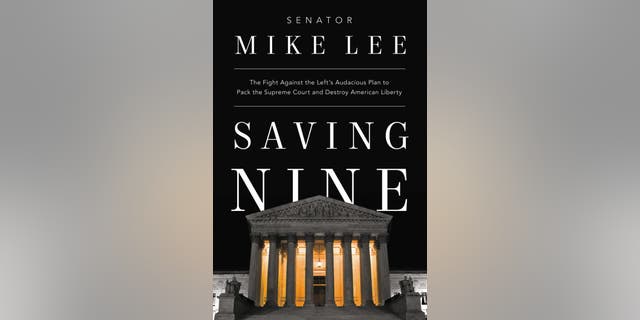
Sen. Mike Lee, R-Utah, is publishing a book warning against the dangers of court-packing in June. (Javelin)
According to most contemporary accounts, West Coast Hotel v. Parrish is that switch. In a victory for FDR and progressives, it overturned a 1905 case called Lochner v. New York, which addressed minimum wage laws.
But Lee says the result in West Coast Hotel was a fundamentally correct ruling and Lochner “needed to be overturned.” Further, Lee said, West Coast Hotel “didn’t really influence the New Deal ambitions of FDR.”
The real switch happened just a few weeks later in the case NLRB v. Jones & Laughlin Steel Corp., according to Lee.
We tend to look back at the failed effort in 1937 and say to ourselves, ‘Oh, we dodged that bullet…’ But I don’t think a lot of people have made the connection between… the fear of it succeeding… and exactly what that meant.
— Sen. Mike Lee, R-Utah
“In that case, the Supreme Court effectively amended the Constitution by expanding the Commerce Clause… to mean that Congress could regulate anything that in the aggregate substantially affects interstate commerce,” Lee said.
SENATE DEMOCRATS PUSH CLARENCE THOMAS TO RECUSE HIMSELF FROM JAN. 6 CASES
“That has shaped the size, scope, the reach and the cost of our federal government ever since then. It’s impacted the way all three branches of government work, and have worked,” he added. “And it did so, I believe, as a result of improper influence on the court by FDR’s legislative court-packing plan.”
Lee says the massive mark the switch in NLRB v. Jones & Laughlin left on history teaches a lesson about the dangers of modern court-packing rhetoric.
“We tend to look back at the failed effort in 1937 and say to ourselves, ‘Oh, we dodged that bullet,'” Lee also said. “But I don’t think a lot of people have made the connection between… the court-packing effort and the fact that, the fear that it might succeed – or the fear of it succeeding – might have influenced the court and exactly what that meant.”
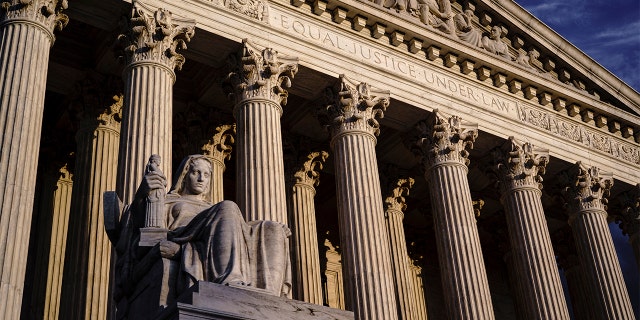
The Supreme Court ruling in NLRB v. Jones & Laughlin Steel Corp. vastly expanded the federal government’s powers.
(AP Photo/J. Scott Applewhite, File)
Lee added: “That’s had a much bigger impact on our government than overturning Lochner.”
Any effort to pack the Supreme Court is on ice for the near future, at least, with Sens. Joe Manchin, D-W.Va., and Kyrsten Sinema, D-Ariz., opposing the filibuster nuclear option Democrats would need to detonate to do it.
But it’s hard to know exactly how much support there is for an effort like that, because Democrats nowadays aren’t condemning court-packing talk like they did in the past.
CLICK HERE TO GET THE FOX NEWS APP
“A lot of them haven’t spoken definitively one way or another,” Lee said when asked about potential Democrat support for court-packing. ” But what’s troubling and what’s novel is that they’re not out there condemning it. And in the decades in the 85 years since the last time they tried this, that’s unusual. Both parties have been uniformly of the opinion that court packing is bad.”
Sen. Richard Blumenthal, D-Conn., for example, was asked by reporters outside of Judge Ketanji Brown Jackson’s Supreme Court confirmation hearings if he supports a Democrat-backed court-packing bill. He didn’t take a position.
“I haven’t joined that bill,” Blumenthal said.
 Iktodaypk Latest international news, sport and comment
Iktodaypk Latest international news, sport and comment


